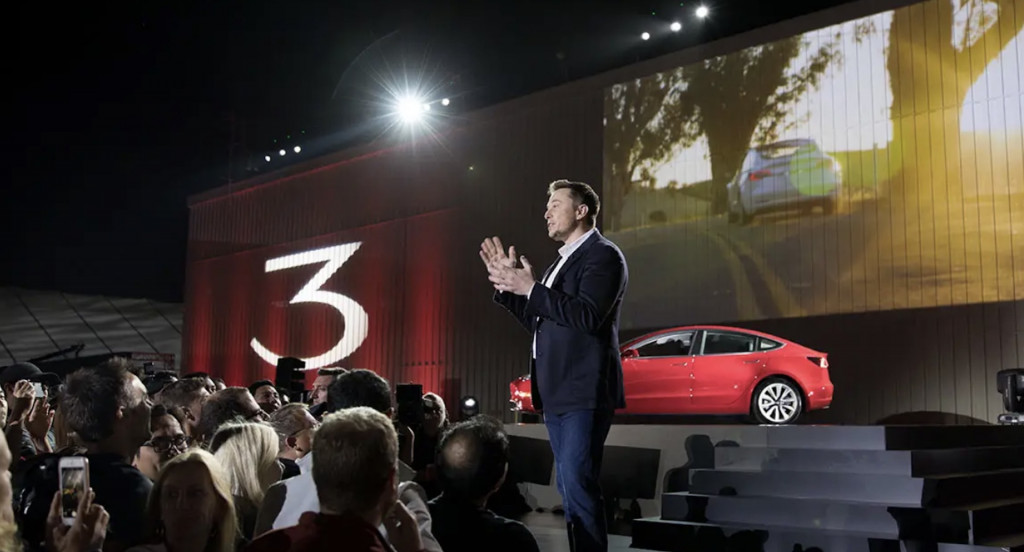Energy density for lithium-ion cells in electric cars has been improving at a rate of roughly 7% a year.
But that rule, which has held for consumer cells for decades might be thrown to the wayside if a remark from CEO Elon Musk holds true. He noted that cells with 400 Wh/kg, produced in volume, might be just 3-4 years away.
400 Wh/kg *with* high cycle life, produced in volume (not just a lab) is not far. Probably 3 to 4 years.
— Elon Musk (@elonmusk) August 24, 2020
That represents a 50% boost in energy density and, if true, it would launch Tesla far ahead of other automakers once again.
As a recent Volkswagen graph on the progress of lithium-ion technology illustrates 400 Wh/kg would be beyond what’s currently widely anticipated for commodity cells in five years.

Energy density projections for market EV cells - VW, 2020
The tease fits in leading up to Tesla’s Battery Day, scheduled for Sept. 22 and the same day as the company’s annual shareholders’ meeting. The event, like the company’s autonomous deep-dive in 2019, is likely to provide a technology showcase on the company’s strategy and a glimpse of upcoming tech.
Some have speculated that the graphic Tesla used in its Battery Day invitation is a reference to silicon nanowire anode technology that could be part of a significant step up in energy density. Although, as analyst Sam Korus pointed out in the tweet above, one of the companies that is working to perfect that has moved next door to Tesla's battery-research skunkworks, it’s unconfirmed whether this has anything to do with the progress Musk hinted at.
Panasonic said in July that its cells that it supplies for Tesla vehicles will get a 20% boost in energy density in five years. Tesla and Panasonic recently renewed their long-term supply agreement, but we’re also still waiting to see what Tesla plans to do with the Canadian battery supplier it purchased in 2019.

Elon Musk at Tesla Model 3 reveal
Separately, Musk confirmed in July that it will start to use lithium iron phosphate (LFP) batteries in some of its China-assembled Model 3 sedans starting later this year in the interest of freeing up more of the energy-dense nickel-cobalt-aluminum cells it otherwise uses for its Semi, which uses a great many of them. The LFP cells, supplied by China’s CATL, are million-mile, 16-year batteries that still offer about 160 Wh/kg—nearly on par with the lithium-ion cells that continue to be used in many current production models.
CATL’s CEO has said those cells are on offer to any interested automakers. That begs the question: If Tesla gains such an advantage in the market, would Tesla build proprietary cells, and would it offer those to other automakers? More answers are likely due in a few weeks.
